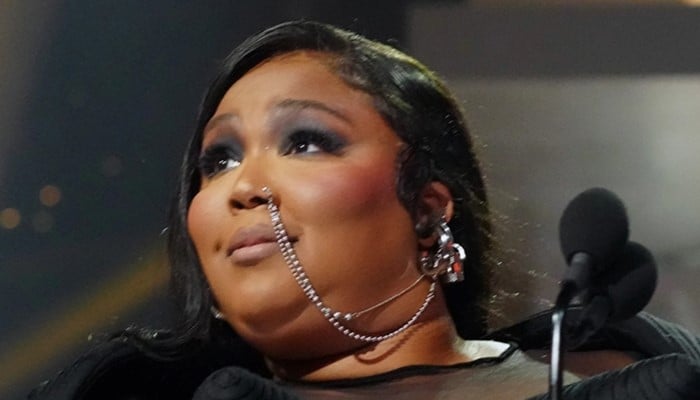Lizzo promotes body neutrality with powerful lesson
Lizzo has taken up the duty to promote the essence of body neutrality
May 30, 2023

Lizzo, the renowned singer who has been celebrated for championing self-love and acceptance, has recently embraced a new perspective known as body neutrality.
In an interview with The Cut in April, she candidly expressed her empowered outlook, stating, “I don’t need your positivity or your negativity. I don’t need your comments at all. How about that? Just keep it pushing.”
She emphasizes that she doesn't need others' opinions or comments about her body and encourages people to focus on other aspects of their lives.
In a recently shared TikTok video, Lizzo expressed her perspective on exercise, emphasizing that she engages in it not to lose weight, but for the sake of her mental well-being. She acknowledged and embraced the fact that her body will naturally undergo changes throughout her life.
“Everyone’s bodies change,” she said. “That’s life, that’s what the human existence is.”
While it would be ideal for everyone to feel unconditionally positive about their bodies, the reality is that numerous physical transformations occur over a lifetime. Additionally, societal standards often promote a singular body shape deemed acceptable, making it challenging to attain such unconditional self-acceptance.
“You will be in a relationship with your body for as long as you have a body,” she said. This means that at times it may be effortless to feel confident and comfortable in one's own skin, while other times it may prove more difficult.
What does it mean to adopt a neutral approach towards your body? And how can you reduce self-criticism and strive towards that mindset?
Body neutrality means not placing excessive importance on one's appearance and not tying self-worth to it. It recognizes that bodies change over time and aims to accept and embrace the body regardless of its abilities or size.
Body positivity is still valuable, but body neutrality provides a more realistic and sustainable approach, especially when faced with physical changes or societal pressures. Observing and challenging negative thoughts, setting boundaries with judgmental people, and engaging in activities that promote body connection can help develop a more neutral relationship with one's body.
It's a personal journey that requires time and practice, and seeking professional help from experts in eating disorders or body acceptance may be beneficial. Each person's path to body neutrality will be different, and it's important to focus on what brings value and joy to life while letting go of unnecessary stressors such as weight scales.











